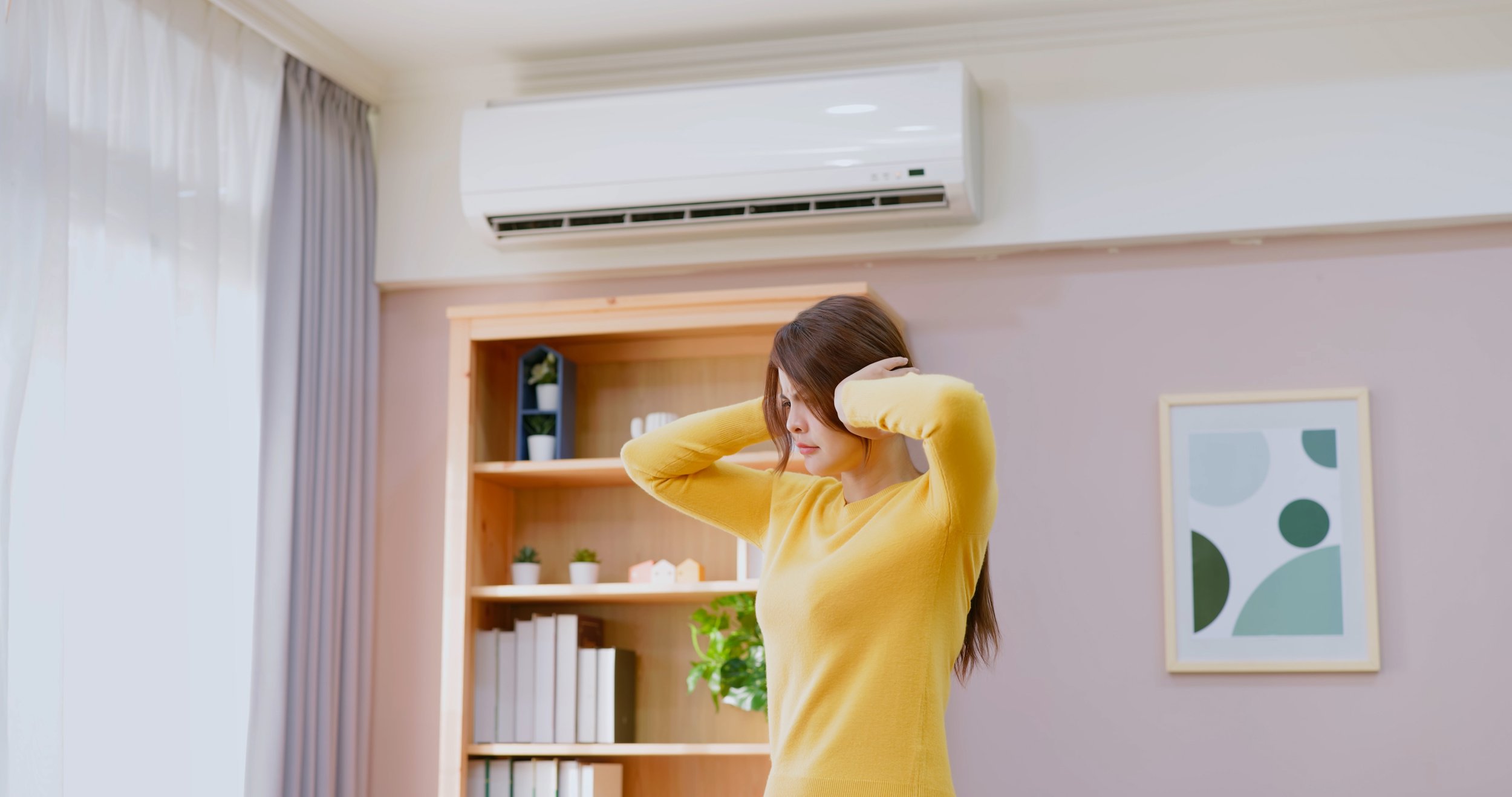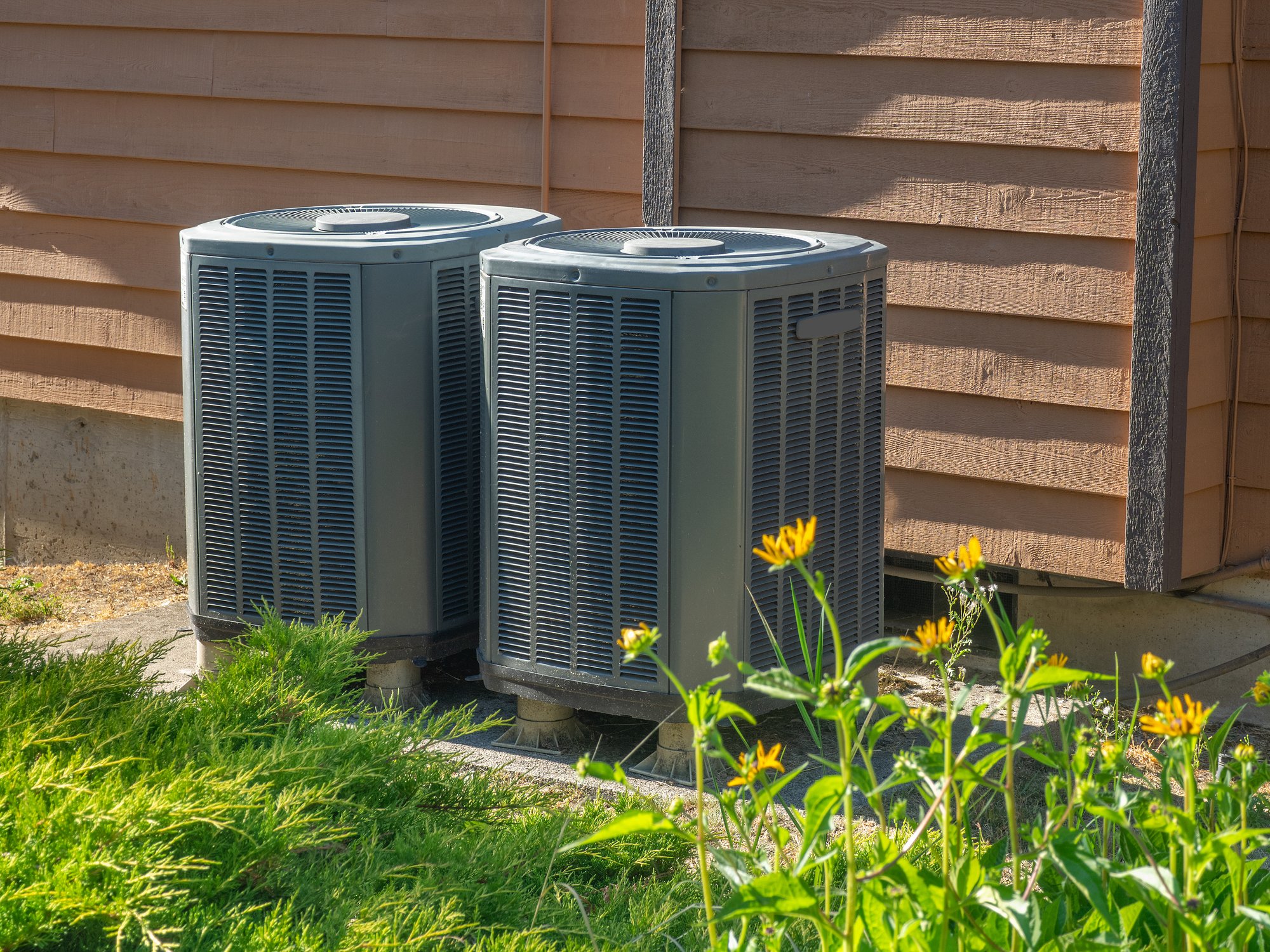Purchasing a window AC system is a great way to reduce central air costs or to cool a small home that doesn't have it. The problem is that if you don't install the unit properly, you could end up hurting your window. We've put together some quick tips to help prevent this.
Carefully Check the Measurements
You'll need two measurements before you install a window unit. First, you'll need to know the height and width of the window where you'll be installing it. Second, figure out the square footage of the room to ensure that you purchase a unit that's large enough to cool off the space.
Make Sure the Window is Secure
We can't tell you how many stories we've heard about a homeowner starting to install a window AC only to find out that the window is damaged. Since a window unit is quite heavy, the weight could easily damage the window even more. If you find any damage to the window, you'll need to get it fixed before installation.
Ask Someone to Assist You
Even if you think you could lift the window unit yourself, you don't want to take the chance of hurting yourself or damaging the window. Ask someone in your household to give you a hand. There's no need to hire an HVAC technician for this kind of installation, but you should definitely get someone to help you.
Set the Window AC in Very Carefully
It should go without saying that you need to set the unit in place very carefully, but we're going to say it anyway. Don't try to rush the process. Take your time in lowering the unit to ensure that you don't scrape the sides of the windows and damage it. You won't need to hire an HVAC tech for the job, but there's no shame in getting a third household member to help you slowly put it in place.
If you have any questions on how to install a window AC unit or you'd like to schedule an appointment, the experts at Air Assurance are here to help. We've been serving the HVAC needs of Broken Arrow and the surrounding areas since 1985.









